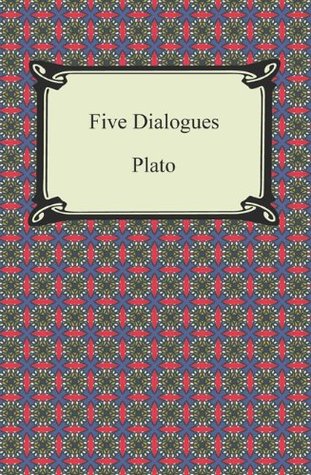More on this book
Community
Kindle Notes & Highlights
And does piety or holiness, which has been defined to be the art of attending to the gods, benefit or improve them? Would you say that when you do a holy act you make any of the gods better?
a man who is good for anything ought not to calculate the chance of living or dying; he ought only to consider whether in doing anything he is doing right or wrong—acting the part of a good man or of a bad.
I tell you that virtue is not given by money, but that from virtue comes money and every other good of man, public as well as private.
for a bad man is not permitted to injure a better than himself.
Are we to say that we are never intentionally to do wrong, or that in one way we ought and in another way we ought not to do wrong, or is doing wrong always evil and dishonorable, as I was just now saying, and as has been already acknowledged by us? Are all our former admissions which were made within a few days to be thrown away? And have we, at our age, been earnestly discoursing with one another all our life long only to discover that we are no better than children? Or, in spite of the opinion of the many, and in spite of consequences whether better or worse, shall we insist on the truth of
...more
According to Spinoza finite objects are unreal, for they are conditioned by what is alien to them, and by one another. Human beings are included in the number of them. Hence there is no reality in human action and no place for right and wrong. Individuality is accident.
if we are at all right in our view, that virtue is neither natural nor acquired, but an instinct given by God to the virtuous.
Then, Meno, the conclusion is that virtue comes to the virtuous by the gift of God. But we shall never know the certain truth until, before asking how virtue is given, we enquire into the actual nature of virtue.


